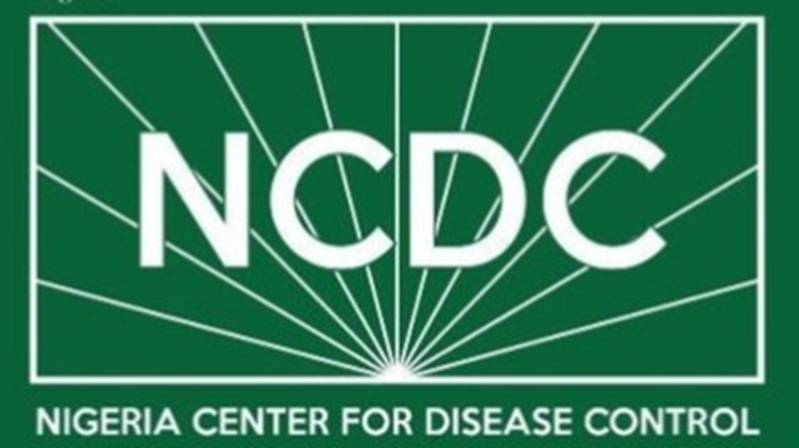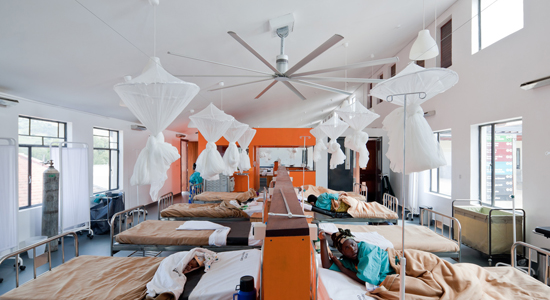No COVID-19 Related Death Recorded In Nigeria Wednesday - NCDC
The Nigeria Centre for Disease Control (NCDC) has reported zero death and 453 new cases from the Coronavirus (COVID-19) pandemic outbreak in the country. The NCDC made this known on its twitter handle on Wednesday.













